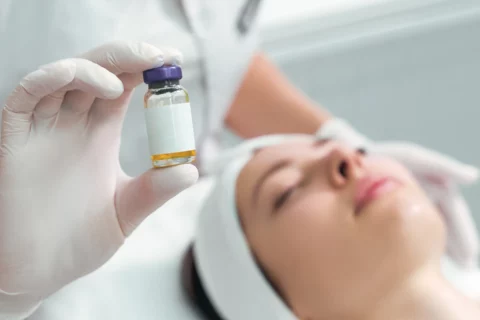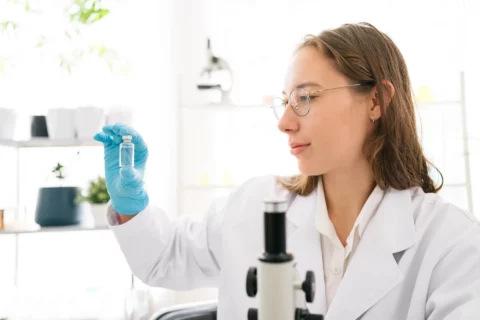Know the Current Status of Exosome Therapies Under FDA Regulation and Oversight
What is the regulatory status of exosome therapies? Are there any FDA-approved treatments available yet?
How is the FDA approaching oversight and approval of these novel biologics?
What warnings has the agency issued to deter false marketing claims?
This article addresses these critical questions surrounding exosomes, the tiny therapeutic vesicles garnering growing attention.
We explore the lack of approvals so far, the FDA’s stance, warning letters issued, and whether formal regulatory guidance exists yet for these promising but unproven treatments.
Has There Been an Exosome FDA-Approved Treatment Released?

There are currently no FDA-approved exosome products or treatments despite promising research, according to the FDA’s own statements warning against false marketing claims.
Why the Lack of Approvals So Far?
Exosomes are classified as biological drugs, which need extensive trials to prove safety and efficacy. As of 2024, there are still no approvals according to the FDA and relevant sources due to a clear lack of:
- Standardized manufacturing protocols
- Batch consistency
- Large human trials showing efficacy
Ongoing Research Offers Promise
Presently, some companies like Aruna Bio undertake clinical trials for exosome therapies targeting conditions ranging from stroke to pulmonary fibrosis. However, these represent early-stage trials and approval could take years.
The Future Outlook
No FDA-approved exosome products yet but properly conducted research provides hope these promising therapies could reach patients someday. Ethical development remains vital.
What Are the Details of the FDA Exosome Warning Letter?
The FDA has issued multiple warning letters to companies like Invitrx Therapeutics for illegally marketing unapproved exosome products intended to treat diseases without undergoing required clinical trials and regulatory review.
FDA Warnings Against Specific Companies
- March 2020 warning to Invitrx Therapeutics for marketing unapproved exosome treatments
- Inspection uncovered deficient manufacturing practices at Invitrx facility
- May 2022 warnings to other companies making unsubstantiated exosome treatment claims
FDA Warnings to Industry and Consumers
The FDA website warns about risks of unapproved exosome and stem cell therapies. The agency also issued a public safety notification in 2019 on unapproved exosomes following adverse events.
Regulatory Distinctions
FDA regulates exosomes intended to treat diseases, not other uses like lab testing
Has repeatedly warned about distributing unapproved umbilical cord and exosome products
In summary, through repeated warnings and regulatory actions against violators, the FDA aims to deter unethical exosome product marketing and emphasize the need for rigorous scientific vetting.
While a promising therapeutic, much remains to be proven about exosomes before they can be ethically administered to patients.
Has the FDA Issued Guidance on Delivery Systems Specifically for Exosomes?

The FDA has not published any guidance solely focused on exosome delivery systems. Their 2021 draft guidance on membrane-controlled systems did not mention exosomes. Similarly, the agency’s 2022 budget justification discussed advanced therapies without exosomes.
Academic research on “smart” drug delivery systems has not involved exosomes either. The FDA’s approved policies for inhalation medications like revefenacin lack exosome specifics. Guidance is lacking as well for mRNA delivery via nanoparticles and in the NIH’s strategic innovations plan.
While progress continues in areas like CRISPR gene editing, available information does not cover exosome delivery or regulation. However, the FDA categorizes exosomes as biological products under its purview.
Companies pursuing exosome therapies must adhere to FDA requirements like IND applications, cGMP protocols, quality control, and proper cell selection. Still, exosome-specific directions remain absent currently from FDA guidance.






